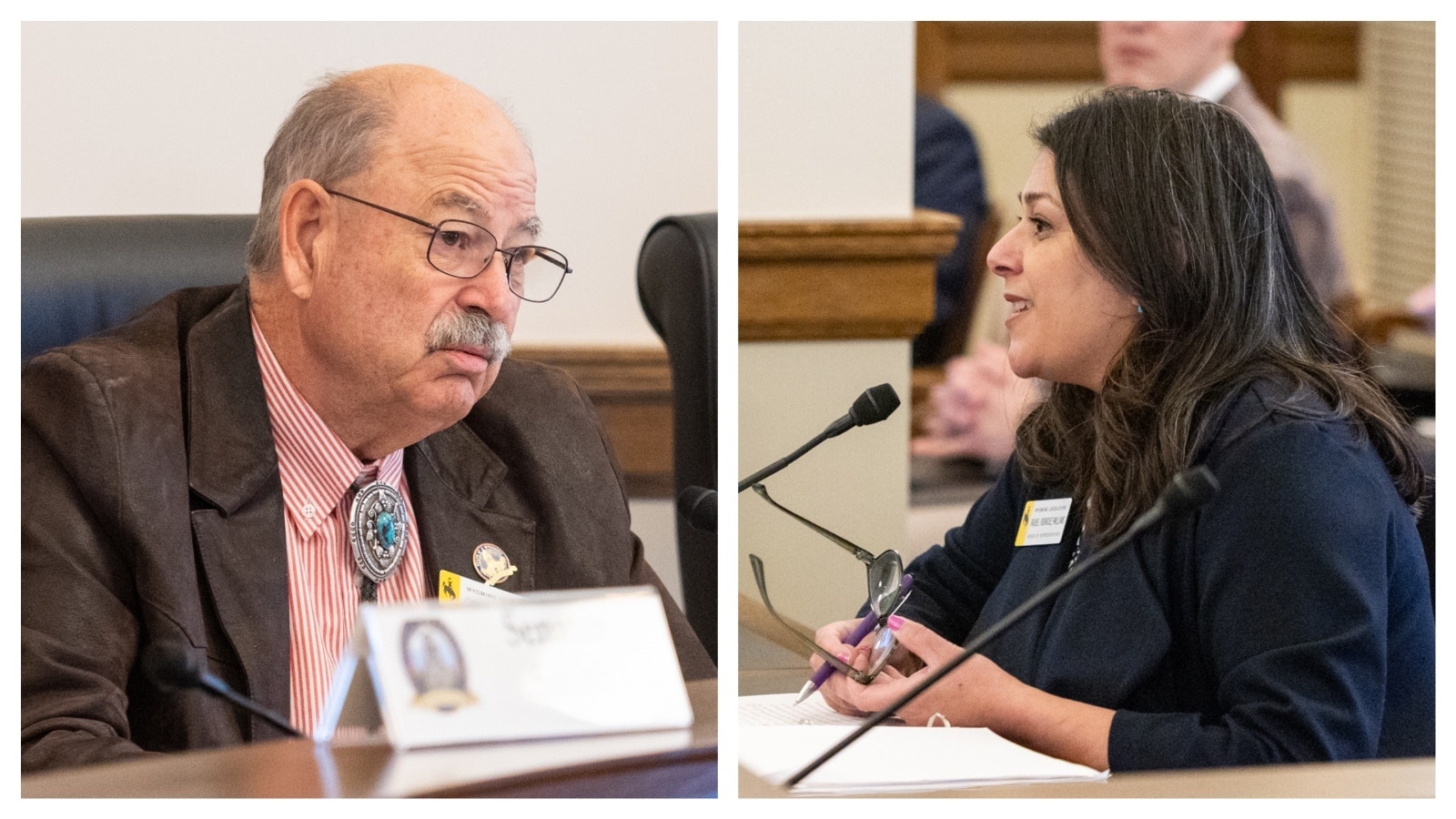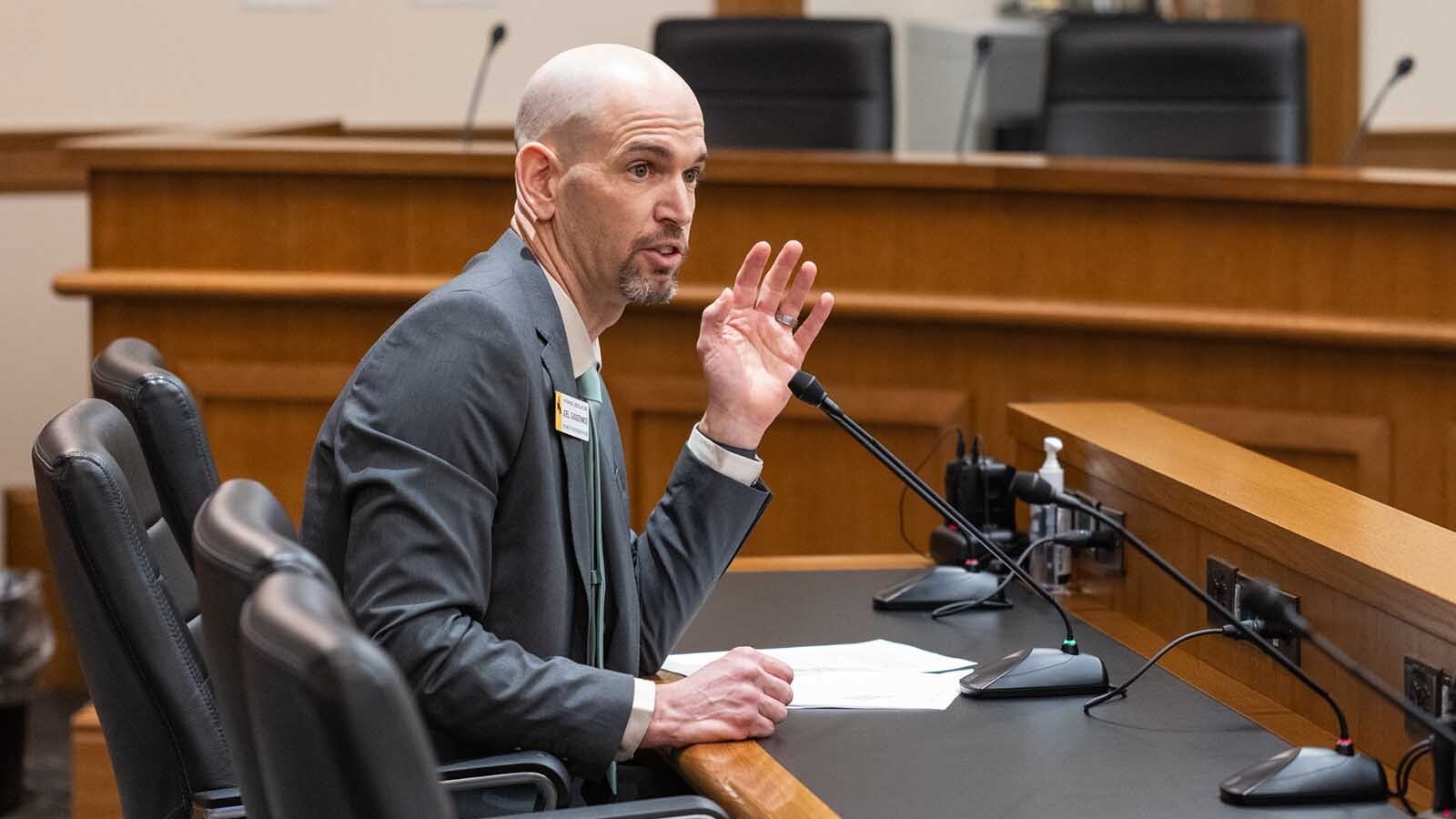Wyoming landed right around the midpoint in a recent ranking of the best and worst states for health care in the nation by personal finance site WalletHub.
Wyoming was ranked 31st in the list, just between Indiana (30) and Oregon (32). It ranked lower due to a near last-place ranking for its number of doctors per capita (coming in at number 50, just above Idaho), and having some of the highest average monthly insurance premiums, tying at number 48 with Vermont, Iowa and West Virginia.
However, Wyoming did rank third when it came to having the most dentists per capita, just behind the District of Columbia and Vermont, respectively.
Massachusetts was considered the best state for health care, while Georgia was considered the worst.
To determine where Americans receive the best and worst health care, WalletHub compared the 50 states and the District of Columbia across 44 measures of cost, accessibility and outcome. According to the website, the average American spends more than $11,000 per year on personal health care.
According to a study by the Kaiser Family Foundation, the U.S. lags behind several other wealthy nations on several measures, such as health coverage, life expectancy and disease burden, which measures longevity and quality of life. However, the U.S. has improved in providing healthcare access for people in poor health and healthcare cost growth has slowed somewhat.
“Most buyers of health insurance tend to focus on identifying health plans with the lowest price; and typically, are not concerned with the level of coverage,” Virginia Commonwealth University professor R. Timothy Stack told WalletHub. “My recommendation is to pay the extra premium for a health plan that offers a broad network coverage of providers. Consumers, especially younger ones, believe they would not experience a life-threatening medical condition during their life whereby accessing a medical expert is critical. This type of coverage could benefit them medically as well as financially. “





